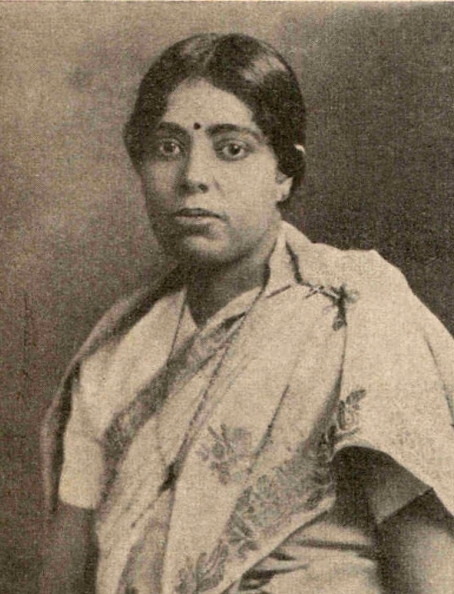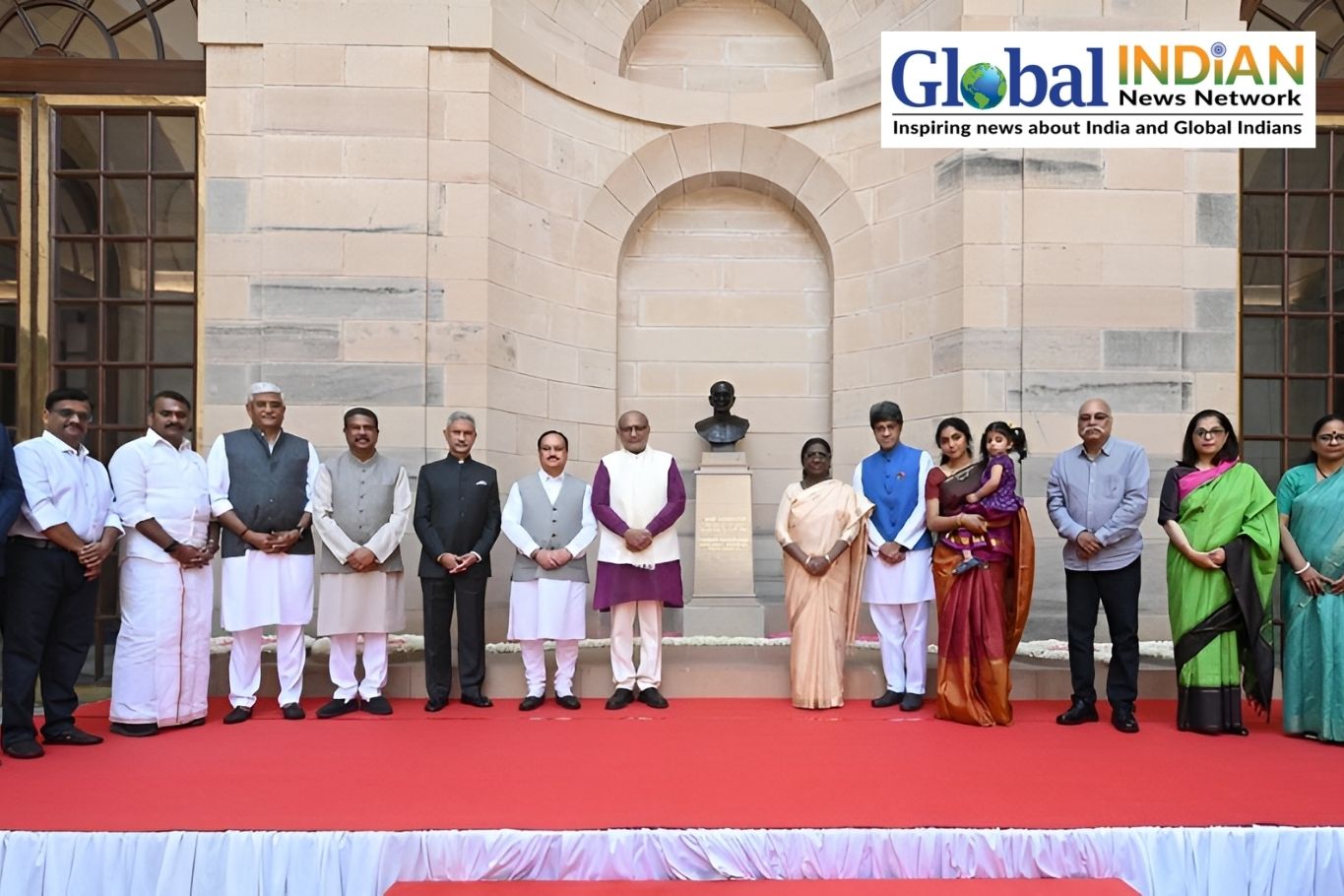 The Chelsea Flower Show of this year has recognized the accomplishments of eight remarkable “Heroines of Horticulture,” including Dr. Janaki Ammal, an Indian botanist who overcame numerous challenges and pervasive gender bias to leave her mark in the field.
The Chelsea Flower Show of this year has recognized the accomplishments of eight remarkable “Heroines of Horticulture,” including Dr. Janaki Ammal, an Indian botanist who overcame numerous challenges and pervasive gender bias to leave her mark in the field.
Born in Kerala in 1897, Ammal conducted groundbreaking research at the Royal Horticultural Society (RHS) Wisley in Surrey from 1946 to 1951. Her exceptional skills led to her being recruited by the organization, establishing her as one of the foremost botanists of her time.
The RHS, founded in 1804 and hosting the Chelsea Flower Show for over a century, observed that women in horticulture faced difficulty gaining recognition in senior positions. In response, Clare Matterson, the director general of RHS, decided to address this longstanding inequality. In the Great Pavilion of the Chelsea Flower Show, a poster titled “Heroines of Horticulture” highlighted the significant contributions of eight women, providing a brief overview of their achievements.
The section dedicated to Dr. Ammal read: “Plant Scientist. 1897-1984. Edavalath Kakkat Janaki Ammal was the first Indian woman to earn a Ph.D. in botany. She conducted research on plant genetics in the United States and utilized her expertise to develop sugarcane crops suitable for India’s climate. After relocating to England, she became the first female scientist at Wisley, where she explored methods to expedite plant growth using colchicine. At the request of Prime Minister Nehru, she returned to India to apply her knowledge and aid in increasing food production. Dr. Ammal also became an advocate for preserving native plants.” Dr. Ammal’s name was honored alongside legends such as Constance Spry, Vita Sackville West, Gertrude Jekyll, Ellen Wilmott, Beth Chatto, Marianne North, and Wangari Muta Maathai.
Known for her preference for white cotton saris and chappals, Ammal’s photograph is prominently displayed at the “Old Lab” in RHS Wisley, which recently opened as a museum. It was in this very lab that Ammal once conducted scientific experiments. A label accompanying her photograph notes: “Dr. Janaki Ammal was the first female scientist employed at Wisley.” The label further describes her examination of “the genetic traits of cultivated plants” and her pioneering work in manipulating chromosome numbers to create new plant varieties. Some of her plant specimens can still be found growing on Battleston Hill in the RHS Gardens to this day.
Fiona Davison, the head of libraries at RHS, shared during a tour of the Old Lab that Ammal focused on genetic manipulation and chromosome counting. Her groundbreaking research in the 1940s, when gene manipulation was a nascent field, earned her considerable recognition. She was at the forefront of scientific advancement. As a tribute to her contributions, a magnolia variety was named Magnolia Kobus Janaki Ammal in her honor.










